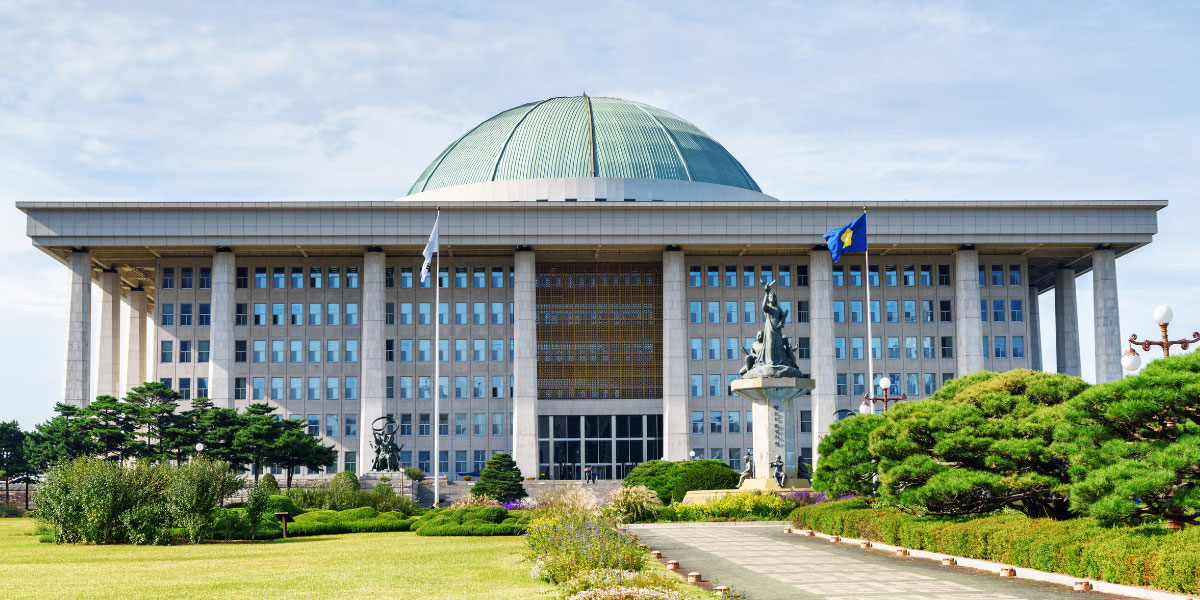The government of South Korea is planning to increase the tax rate for large companies and high-earning individuals with the hope of reducing inequality. With this aim, Korea’s Ministry of Strategy and Finance announced the 2017 tax reform proposals on 2 August 2017.
Under the proposed tax reform, the nominal tax rate of companies will be increased to 25% from 22% whose taxable income exceeds 200 billion won ($178 million). Companies with income in the 20-200 billion won range will be subject to the current rate of 22 percent.
A 10% local income tax surcharge is also imposed on the current and proposed corporate income tax rates.
An individual whose taxable income exceeds 500 million won (US$445,700) per annum, the income tax rate will increase from current rate 40% to 42%. There will also be a new income bracket for those making 300-500 million won with tax rates set at 40 percent.
The government is planning to reduce certain tax credits for large companies, including the R&D expense credit and the capital investment credit with respect to facilities for improved productivity, environmental protection, and safety equipment.
The government also has plans to introduce certain BEPS measures, including:
- cost deduction restrictions on hybrid mismatch instruments where the amounts are not taxed in the other country within one year; and
- related party Interest deduction restrictions (30% of EBITDA) with regard to both domestic and foreign related party interest expenses.
According to the current tax law, taxpayers who do not record a combined report on international transactions or provide false information are subject to KRW10 million (US $ 9,000) per documentation. But under the 2017 proposal, penalties would be increased to KRW30 million (US $ 27,000) per documentation.
Unless otherwise stated, the amendments set out in the 2017 proposal will enter into force for financial years beginning on or after 1 January 2018.














